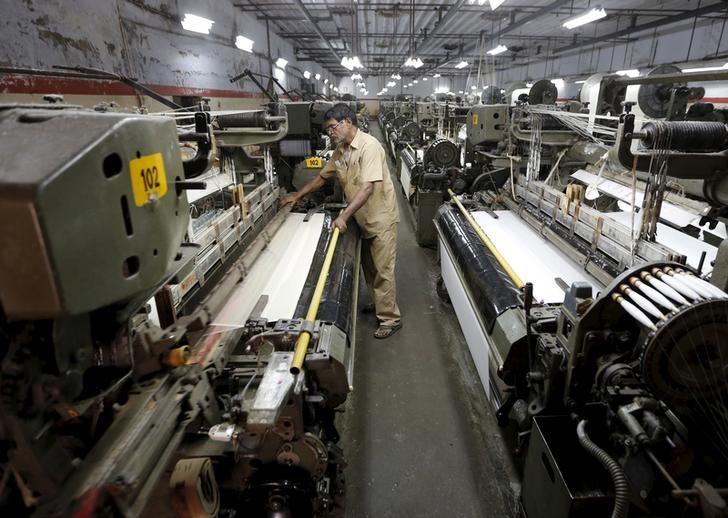
Refunds over Rs200 billion have accumulated and are adversely affecting the cash flow of exporters, said the association.
PTEA Chairman Ajmal Farooq said Finance Minister Ishaq Dar, in his budget speech, had announced that all pending sales tax refunds that have been sanctioned by April 30, 2017 shall be paid in two parts. Refund Payment Orders (RPOs) up to the value of Rs1 million will be paid till July 15, and the remaining will be paid till August 14, 2017.
PTEA wants extension of rebate regime for two years
However, no progress has been made yet, and textile exporters are still deprived of their basic working capital blocked in the refund regime, Farooq lamented.
Expressing disappointment, he said that the government has released only Rs3 billion for payment of drawback of taxes under the prime minister’s package in six months against the requirement of Rs7.29 billion per month.
He stressed immediate payment of all outstanding refunds for which RPOs have been issued and unprocessed refund claims be processed to improve the liquidity of the textile industry.
“Government should set its priorities and accord preferential treatment to boost exports and generate industrial activities.”
The PTEA chief was of the view that due to high input costs Pakistan’s textiles are no longer competitive in the international market, adding that instead of just making announcements the government should take practical measure to arrest falling exports.
Elaborating, he said that gas, the major production element in textile manufacturing, is available at around Rs 1,000/mmbtu in Pakistan against Rs400 in Bangladesh. Similarly, electricity tariff for industry is Rs10.5/kwh; whereas it is Rs7/kwh in other regional countries including Bangladesh.
Textile sector holds govt responsible for export woes
Furthermore, the industry is burdened with Rs3.63/kwh surcharges on electricity and GIDC on gas, which cannot be passed on to international buyers, said Farooq, reiterating his argument that with such high prices of energy, the textile industry is unable to compete in the international market.
Published in The Express Tribune, July 13th, 2017.
Like Business on Facebook, follow @TribuneBiz on Twitter to stay informed and join in the conversation.





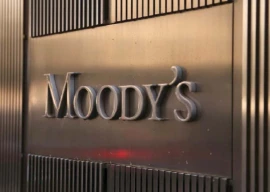
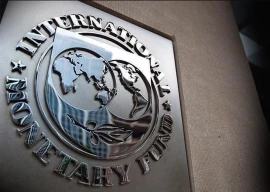

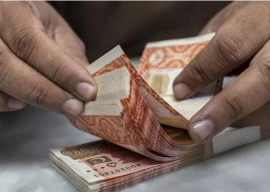
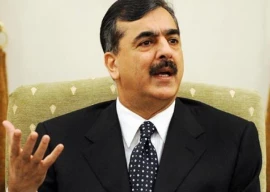
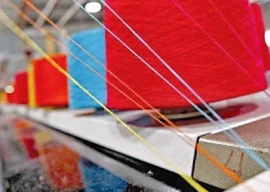

1727268465-0/Untitled-design-(42)1727268465-0-270x192.webp)




COMMENTS
Comments are moderated and generally will be posted if they are on-topic and not abusive.
For more information, please see our Comments FAQ